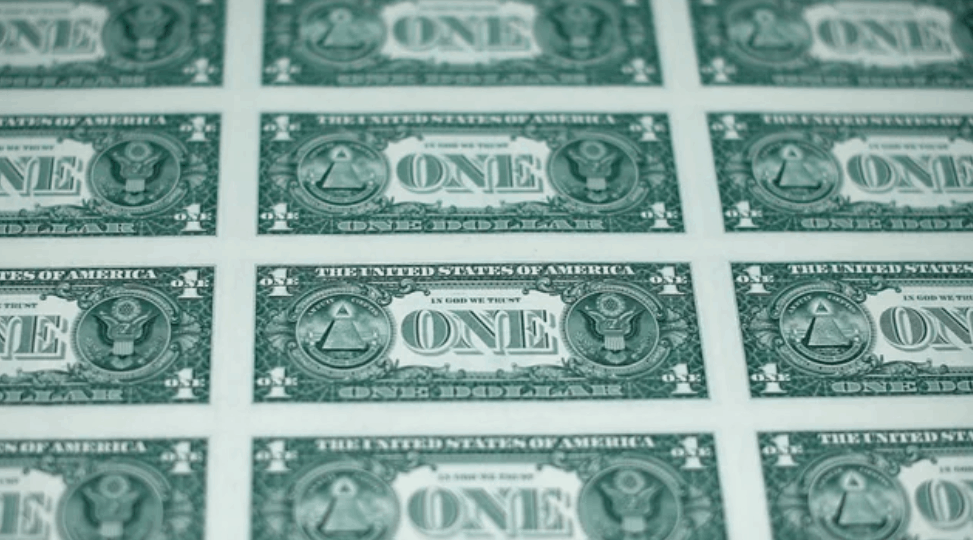
The value of the U.S. dollar reached its lowest level in nearly three months Friday as confidence in the global market has surged following President-elect Joe Biden’s victory and the potential for a coronavirus vaccine in the coming months.
According to Reuters, the dollar has fallen more than 2.2 percent so far in November as investment in stocks, bonds and currencies outside the U.S has surged.
This fall comes as the Australian dollar hit its highest level since September following news that China’s industrial firms grew in October for a sixth consecutive month and at their quickest pace since early 2017.
The British pound declined against the euro as the European Union chief, Ursula von der Leyen, prepared a trip to London to make a final deal in the five-year Brexit crisis.
Erik Bregar, head of FX strategy at Exchange Bank of Canada in Toronto, attributed the U.S. dollar falls partially to month-end selling as investors look to balance portfolios after monthly gains for equities.
“There’s been talk all week that the U.S. dollar will see waves of selling going into Monday,” Bregar said, according to Reuters.
On Tuesday, the Dow Jones Industrial Average surpassed 30,000 points for the first time and the S&P 500 closed at a record high. The numbers were likely influenced by Biden’s Cabinet picks and advancements in vaccines, including Pfizer officially applying for emergency use authorization from the Food and Drug Administration (FDA).
Reuters reported that expectations of an economic rebound heading into 2021 outweighed concerns on the financial impact of a potential surge in coronavirus infections following Thanksgiving.
“The markets have a tendency to perhaps look through the fact that we’re going to have a really nasty Q4, possibly a very nasty Q1 too, in terms of economic data in Europe and the U.S., and look through to the better times ahead,” Jane Foley, senior FX strategist at Rabobank, told Reuters.
“We’ve seen various stock market indices at all-time highs, so the dollar [is] under pressure. Also keeping the dollar under pressure is this perception that the Fed will act, will pressure the yield curve lower, if need be, particularly if there continues to be a delay over the fiscal package,” she added.
Stocks have bounced back from March lows, when they lost a third of their value at the start of the pandemic, which saw stay-at-home orders and restrictions on gatherings that hampered businesses and consumer confidence.





























